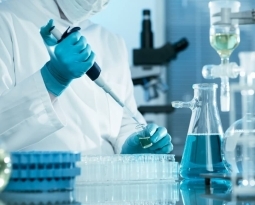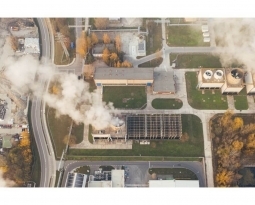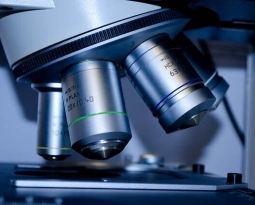The R&D Tax Credit for the Water Sector
Protecting the Water of Ireland
Water is one of the major resources that the government of Ireland is aiming to protect in its initiative on environmental conservation. This initiative is focused on conserving water catchment areas and increasing the accessibility of clean water by Irish citizens. When it comes to clean water, reduction of industrial as well as domestic pollution is of major focus by the government. Improvement on the sewage as well as drainage aspects is also gaining momentum in order to ensure there is enough portable water for both domestic and industrial usage.
25% Tax Incentive
In order to boost the support of this initiative, the government offers a 25% tax incentive for eligible expenditures incurred for research and developmental activities that are focused on improving the quality of water. This might include a development of a new water treatment process, developing a new method of conserving water, upgrading a water catchment area in order to serve more people and many other approaches. The research and development activities undertaken should be systematic and experimental in nature in order to qualify for the tax credit. The research should also be basic, applied or experimental development research. These are the basic requirements that have been implemented by the government in order to regulate ineligible activities that do not produce new knowledge, apply a systematic, experimental method or have an unknown outcome.
Fulfilling the R&D Tax Credit Requirements…
It is worth noting that this R&D tax credit is only applicable to companies and entities that operate within the European Economic Area and are liable to Corporation Tax (CT). Therefore, prior to applying for tax relief, a company should make sure it has fulfilled all the requirements. Furthermore, accurate and contemporaneous records should be maintained in order to comply with the Revenue authority in the case of an audit.









